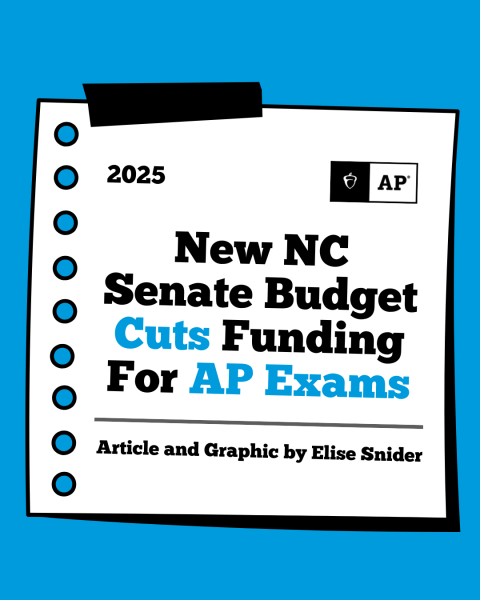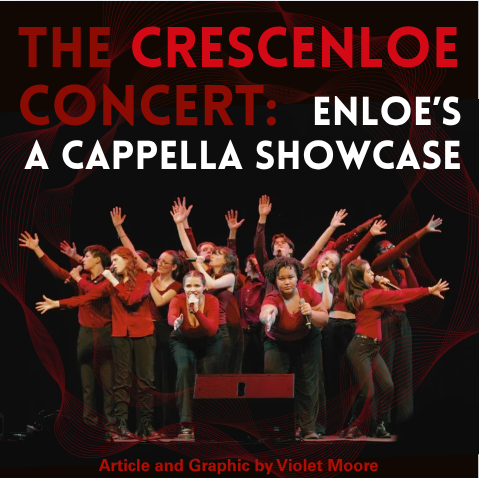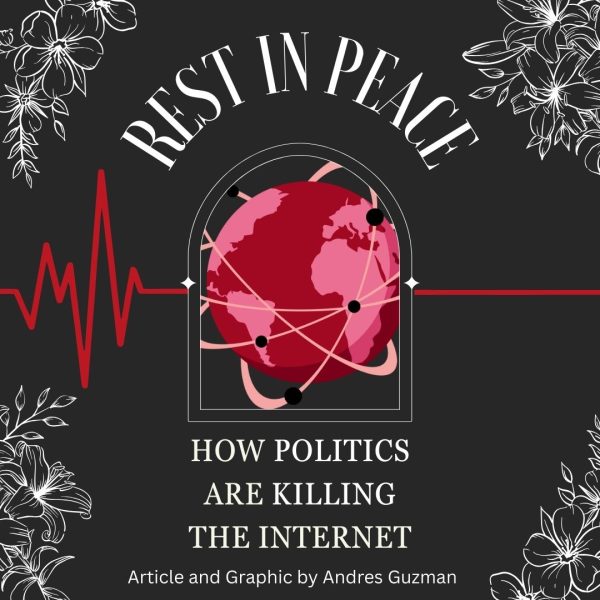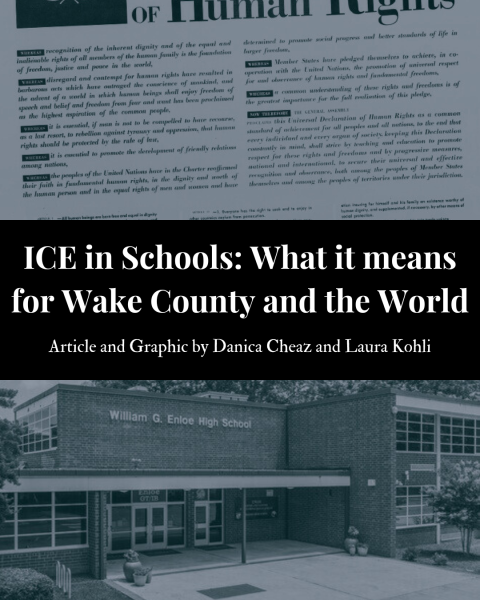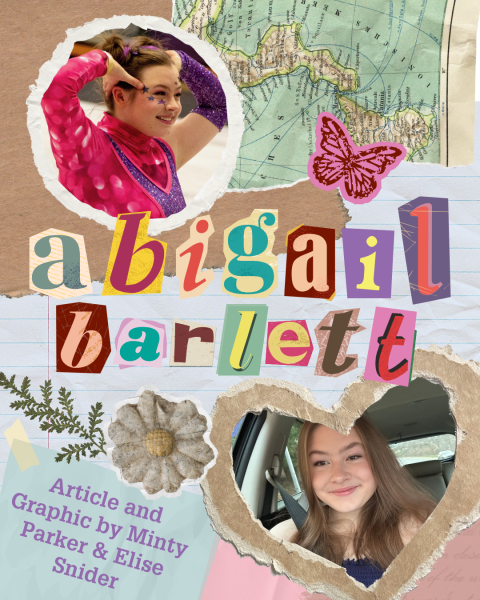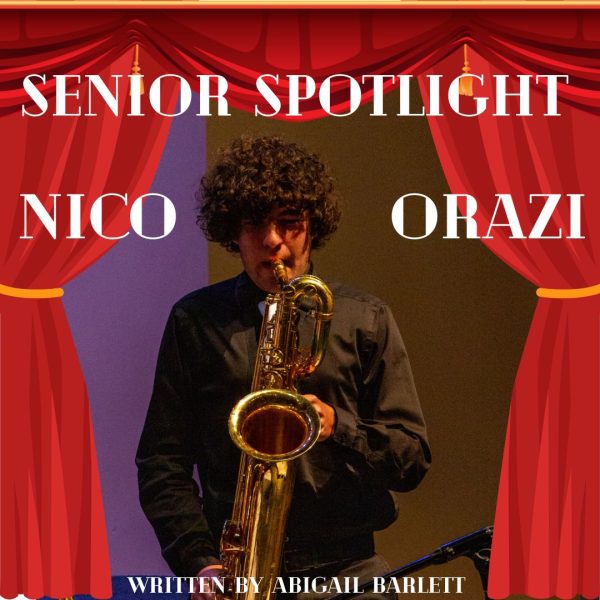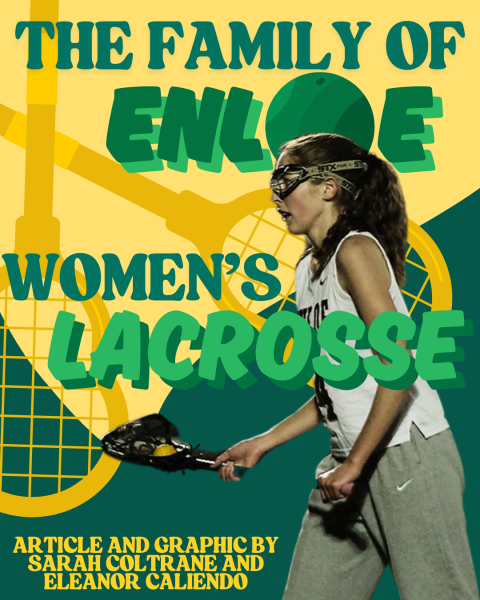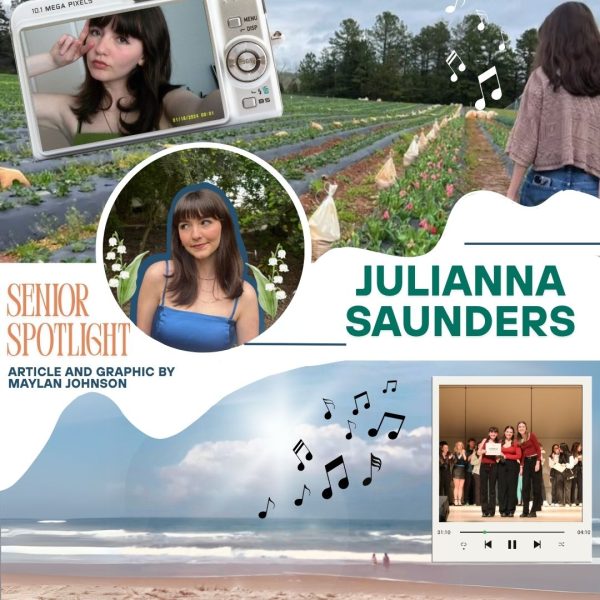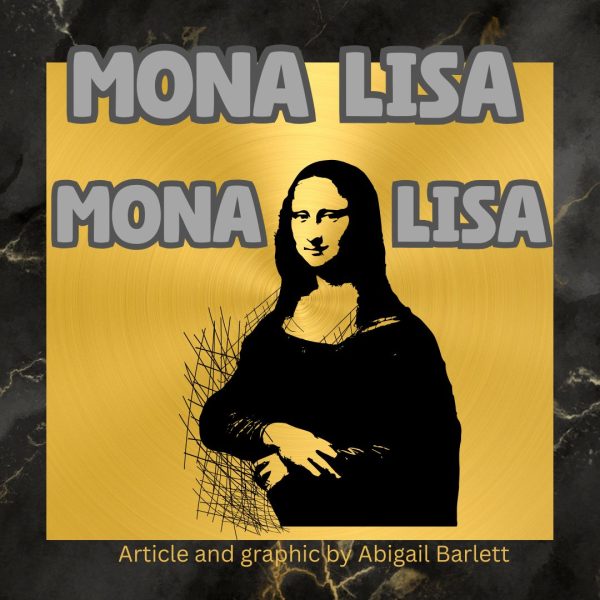Three Enloe Seniors Qualify for National Linguistics Competition
Three Enloe students have qualified this year to compete in the NACLO Competition on Thursday, March 16th.
NACLO, which stands for the North American Computational Linguistics Open Competition, is a competition where high-school students in the U.S. and Canada solve linguistic problems through logic and knowledge of language patterns.
In January, NACLO held their Open Round, in which any students interested were invited to participate and try their hand at advancing to the Invitational Round, held in March. Students qualify for the Invitational Round by scoring in the top 10% of their country. The purpose of the Invitational Round is to select national winners, who will be eligible for the international competition and/or the International Linguistics Olympiad.
Enloe seniors Rohit Hari, Sukrith Velmineti and Kristin Nagy were selected due to their excellent performance in the Open Round. They will complete the second NACLO paper exam at Enloe. Not only is the testing window an hour longer than the Open Round, but they will also work problems significantly more difficult.
This is only the second year that Enloe has held the NACLO test. In the past, Enloe students who wanted to participate had to go to NCSSM as a testing location but due to initiatives by the Enloe Linguistic Club, Enloe was approved.
It also still remains the only NACLO high school in the area and because of this, many more people were able to participate in recent years. With Enloe students qualifying for the Invitational Round both last year and this year, making the test more accessible means Enloe can continue having representation in the competition.
Contrary to popular belief, being skilled at linguistics does not require knowledge of multiple languages. In fact, no prior knowledge of multiple languages (or even linguistics) is required to compete in the Open Round or any following round. It is a common misconception that linguistics and language learning are the same, but this is not true.
Studying a language involves learning vocabulary and grammar in order to express oneself in that language to native speakers. On the other hand, linguistics is the scientific study of the form, functionality, development and evolution of language as it is used by people. NACLO’s purpose is to assess a student’s ability to identify patterns and make connections rather than their memorization and knowledge of many languages.
Some problems that NACLO participants can expect include figuring out how a particular writing system works, identifying the calendar used by a particular civilization based on the sentences used to refer to it or developing a procedure for a computer to perform a linguistic task.
NACLO aims to encourage students to learn about the diversity and consistency of language by practicing linguistics with a logical, computational focus. Nagy commented on the value of learning the subject as a high school student.
“Linguistics is this blend of logic and problem solving with humanities and helps you expand your horizons,” said Nagy. “The problems encourage you to think in interesting ways.”
Although there are educational and cognitive benefits to learning linguistics, there are also more opportunities for those who pursue the field. Many modern applications have to do with computers. Linguists work on softwares like Chat GPT, Siri, or Google Assistant to teach the computer the patterns of human speech that it cannot automatically recognize.
Furthermore, many linguists work to preserve the patterns of rare languages spoken by indigenous groups to stop them from dying out. There is also a need for linguists in forensics, in which analyzing handwriting or an accent can help solve crime cases.
Nagy, an Invitational qualifier, is also the president of the Enloe Linguistics Club. She says she incorporates NACLO into club meetings by doing a 15-20 minute practice problem to get into the “linguistic mindset.”
Nagy spoke on how students can best support the Enloe Linguistics Club, even if they aren’t interested in joining.
“Embracing the goal of language diversity is the best way to support us,” said Nagy. “Enloe is a very diverse school. We have a lot of bilingual or multilingual students, and that’s a special gift our school has.”
She believes that through meaningful dialogue, this diverse community can benefit everyone.
“Keeping an open mind and being excited to hear about other people’s experiences with language is important. We all come from different backgrounds, some of whom English isn’t their first language or speak other languages at home. Those are all different experiences we should validate and care for,” said Nagy. “Even if you’re not interested in the science of linguistics, I think everyone should be interested in welcoming language as a beautiful part of the human experience.”
The results for the scores of Enloe’s three seniors will come out in 3-6 weeks, as well as news of whether Hari, Velmineti or Nagy will continue to the International Team.
For those interested, NACLO holds the Open Round every year in January and any high school (or younger) student is able to compete free of charge.
Students at Enloe can register for classes in Spanish, French, German, Latin, Japanese, Chinese, Russian, or Italian, several of which have their own after-school clubs. Meetings for Enloe Linguistics Club, advised by Latin teacher Mr. Dombrowski, are also announced at @enloelinguistics on Instagram, or through the Remind @ehslingc.
Works Cited
Shahhoseiny, H. (2013). Differences between Language and Linguistic in the ELT Classroom. Theory and Practice in Language Studies, 3(12). https://doi.org/10.4304/tpls.3.12.2234-2239
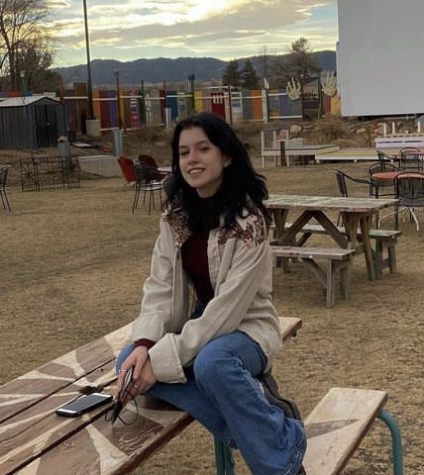
(She/her)
Andrea Duca is a senior excited to return for her third year at the Eagle's Eye as editor-in-chief! She plans to pursue economics in college...


